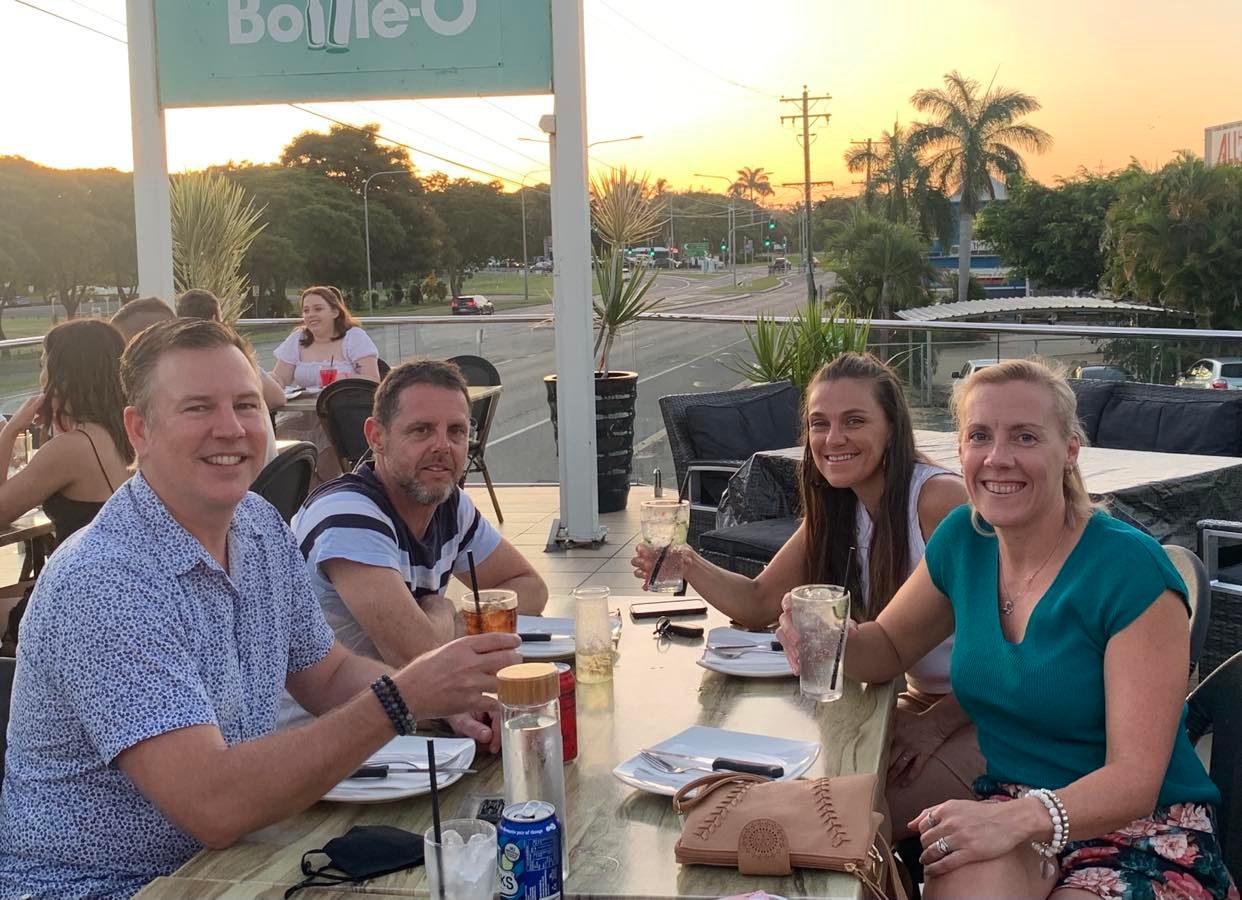Over the last few years I have really moved from just exercise focus, into a more well rounded approach with my clients. It can take a bit for clients to get their head around the switch from just focusing on exercise (and possibly nutrition), to bring more focus into the other factors that play a HUGE part in our overall health and results.

1. Emotional and Mental Health:
This covers a huge area from previous training experiences (good and bad), nutrition background, self-esteem, self-motivation and self-perception of health and fitness etc.
The most important factor here is a client’s self-efficacy: one’s belief in their abilities to achieve a specific outcome or goal. The higher the self-efficacy, generally the stronger the belief in developing strategies and setting tasks to achieve their goals ie, scheduling workouts, following nutrition guidelines etc.
Those with low self-belief are more likely to avoid tasks they don’t feel confident in, may self-sabotage or reduce their efforts, or even quit.

2. Sleep, Effective Stress management and N.E.A.T (daily movement)
SLEEP: My clients hear me talk about the importance of sleep ALOT! And surprisingly it is still not something people consider when they are struggling to hit their weight/training goals. The odd night or 2 of sleep is not harmful. But chronic long-term sleep deprivation, or poor quality, can have serious health consequences.
If you feel you are not getting 7-8 hours good quality sleep each night, this may be something you need to consider focusing on. For more information you can listen to a video I recorded for my clients a little while ago:
(2885) Science of sleep – YouTube
EFFECTIVE STRESS MANAGEMENT: Everyone experiences stress in their life, without it we would not function. And not all stress is considered negative.
- Eustress is considered a beneficial stress. It drives motivation, performance or growth. Ever used or heard the term “I work best under pressure”? And when we train we put our body and muscles under stress, which helps them grow stronger.
- Distress is most commonly referred to as “stressed” and has negative implications. People can experience acute, short term or chronic stress.
If you feel you are experiencing an increased state or distress, again this may be something you need to consider focusing on. You can start with tasks such as gratitude journaling, meditation/breathing apps (starting with as little as 5mins a day), consistent exercise (especially something you find some enjoyment in), spending a few minutes outside each day in a place you find calming (I love to sit out by my pool – sunshine and water makes me feel calmer), even just putting on a playlist that makes you feel happy. If you are experiencing a constant “stressed” state and can’t find ways to help manage, please seek support through your GP, a friend/family member or other allied health professional.
N.E.A.T: We need to put more focus into our N.E.A.T (non exercise thermogenic activity), as opposed to just our scheduled training sessions. What is N.E.A.T? In a nutshell, think incidental exercise. It’s awesome to plan your workouts for the week and have a structured training plan, but it’s even more awesome to find ways in every single day to move your body more.
If fat loss or weight loss is your goal, you need to look at ways to increase your incidental exercise. A step counter is a great way to help track, and increase this.
NUTRITION
There is a plethora of diet plans, pills, and supplements available to the general population. And the biggest challenge is having access to too much information, and deciding what is best. We are also in an age of instant gratification – we want results and we wanted them yesterday.
A lot of people are also under the assumption of, ‘eat less and exercise more’ to lose weight. It’s important we learn to listen to our bodies, and work with them, not against them.
With so much information surrounding nutrition, I will do additional blogs with tips. If you have any questions you would like answered or more information on, please feel free to let me know. For now, try to eat as many foods in their natural state as possible, and less from packaging. Starting with small changes can make a big difference over time.
TRAINING
After discussing the above 3 topics, you can begin to see how little of our weekly time is actually focused on scheduled training sessions. This starts to bring the realisation together that we spend more time each week sleeping, dealing with stress (work, family, finances, even our workouts), incidental exercise and more. Hence why training is the least important focus in our triangle. And a lot of the above topics will definitely play a huge part in how you perform at your training sessions:
Poor nutrition = low energy
Poor sleep = low energy
High stress = low energy and motivation
It’s important to consider all of the approaches when it comes to your training time. And if that means modifying your workouts at the last minute, that may be what is best for your body on the day….and in the long run.


